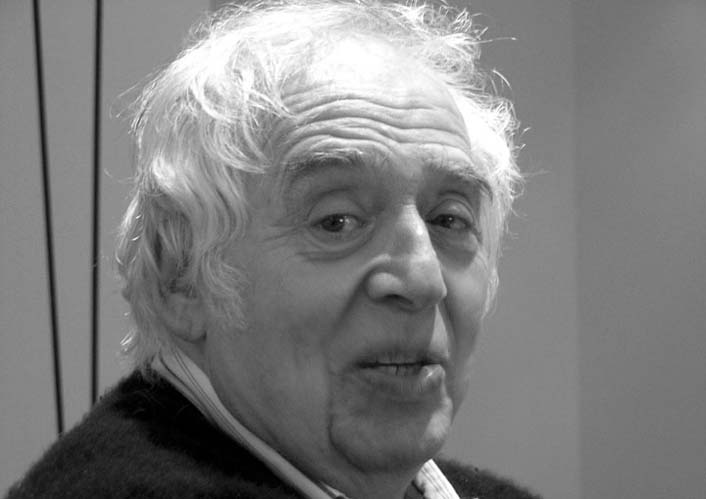Today is Harold Bloom’s birthday (born 1930).
Bloom has said a lot about Frye over the years, not all of it good or even consistent, but today let’s go with this one:
Frye is surely the major literary critic in the English language . . . . a kind of Miltonic figure. He is certainly the largest and most crucial critic in the English language since the divine Walter [Pater] and the divine Oscar [Wilde]; he really is that good.
Cited in Robert D. Denham, Northrop Frye Unbuttoned (309).
*
Frye in a letter to Bloom dated 23 January 1969, responding to Bloom’s still developing theory about the “anxiety of influence”:
You don’t say much about the general direction or scope of your book. If you mean influence in the more literal sense of the transmission of thought and imagery and the like from an earlier poet to later one, I should think that this was simply something that happens, and might be a source either of anxiety or of release from it, depending on circumstances and temperament. But of course it is true that a great poet’s maturity bring with it a growing sense of isolation, of the kind one feels in Yeats’s Last Poems, Stevens’ The Rock, and perhaps even Blake’s Job series. I should very much like to hear more about the book and about your progress with it. (Northrop Frye, Selected Letters, 1934-1991, edited by Robert D. Denham, 101)
Frye in a letter to John E. Grant dated 20 May 1975, responding to Grant’s apprehensions about Bloom’s A Map of Misreading:
I am disappointed with Harold’s book: it seems to me such a perverse application of a quite sound critical principle. You are quite right using the word “anxieties” about him: I’m afraid they’re almost on the point of taking him over. (Selected Letters, 174)
Frye in a letter to Morton D. Paley dated 17 January 1978:
Thanks very much for your offprint of your review of Harold Bloom. I hope it isn’t too arrogant for me to think that I represent Bloom’s chief anxiety of influence; in any case he seems to me to be increasingly isolating himself from the general critical condition, and I find his books progressively less rewarding. (Selected Letters, 201)
Despite this growing misgiving, however, Frye recommended Bloom for the MacArthur Fellowship (otherwise known at the “genius grant”), which Bloom received in 1985. (Selected Letters, 262)


There’s another letter–from 19 February 1969:
Dear Harold:
Thank you very much for your letter, and for the copy of your Cornell lecture. I have read the latter with the greatest interest and think it quite one of the best things you have done. A very personal statement of the kind you make all too rarely.
A large and complicated design for a successor to the Anatomy is gradually taking me over. The myth of concern is certainly a central part of it, but at present it looks like being the end of it, so it will probably take me a fair time to get there. There may, of course, be various mirages along the way. If one of them should materialize, in however a ghostly a form, I shall remember your interest.